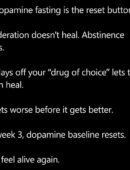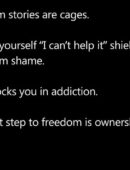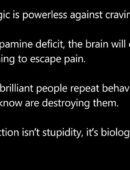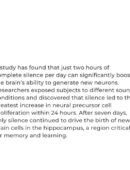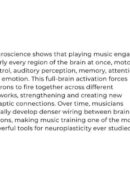Addiction – isn’t Stupidity, its Biology – The First step to freedom is Ownership
Addiction has long been misunderstood, often painted as a moral failing or a sign of weak character. People struggle with substances, behaviors, or compulsions, and society is quick to label them as “stupid” or “irresponsible.” This simplistic view ignores the deeper reality: addiction is rooted in biology, in the very wiring of the human brain. Understanding this truth is the first step toward true freedom from its grip.
At its core, addiction hijacks the brain’s reward system. Neurotransmitters like dopamine, which signal pleasure and motivate behavior, are manipulated in ways that the brain cannot naturally regulate. Repeated exposure to addictive substances or activities conditions the brain to crave the chemical rush more than the natural rewards of life. Over time, this rewiring makes ordinary joys—food, social connection, achievements—less satisfying. This is not stupidity. It is biology. The brain, built to seek reward and avoid pain, is reacting predictably to overwhelming stimuli that bypass its normal checks and balances.
Recognizing addiction as a biological process changes the conversation from shame to understanding. When someone drinks, smokes, or gambles compulsively, they are not failing morally—they are navigating a brain system that has been overpowered. This perspective is critical because shame alone rarely leads to recovery. Guilt can immobilize a person, making them less likely to seek help and more likely to hide their struggle. Conversely, acknowledging that addiction is a biological challenge creates a space for empathy, both from others and from oneself.
Ownership is the bridge from understanding to freedom. Taking responsibility for one’s actions does not mean self-blame; it means accepting that the addiction exists and that steps must be taken to address it. Ownership begins with awareness—seeing the patterns, triggers, and behaviors without denial. It requires honesty about the damage caused, both to oneself and to others, and a willingness to seek change. This can involve therapy, support groups, medical intervention, or structured routines that retrain the brain’s reward system. Ownership is empowerment. It transforms the person from a passive victim of biology into an active participant in their recovery.
The first step toward freedom is realizing that addiction does not define a person’s intelligence, worth, or potential. It is a challenge, yes, but one that can be addressed with knowledge, strategy, and persistence. By understanding the biological basis of addiction and embracing ownership over one’s recovery, individuals can reclaim control. This journey is neither linear nor easy—it involves setbacks, self-reflection, and resilience—but it is possible. The brain that was once hijacked by compulsion can be retrained, rewired, and strengthened.
In essence, addiction is not a failure of mind, but a challenge of biology. Freedom from it begins not with judgment or shame, but with awareness and ownership. By embracing this truth, a person transforms their struggle into a path toward liberation, reclaiming their life one conscious choice at a time.

